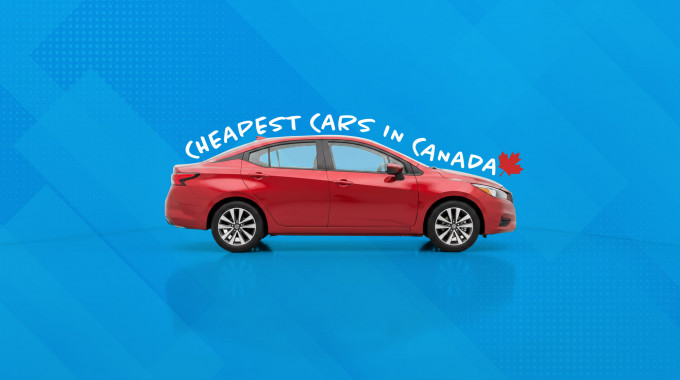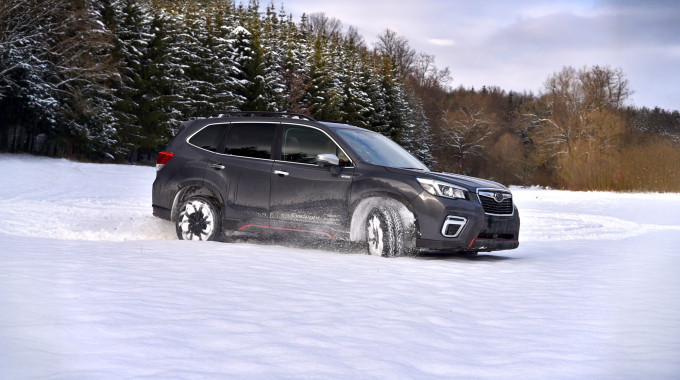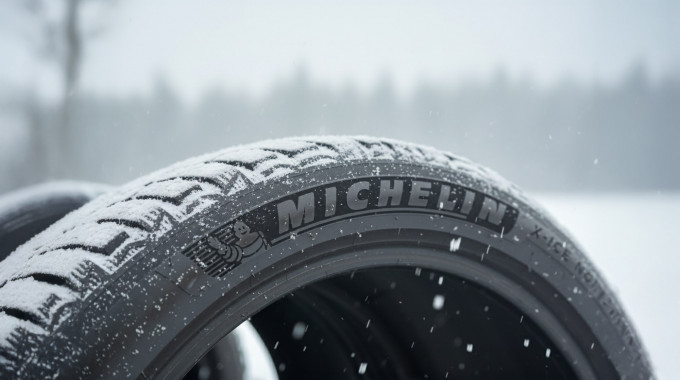
What Is My Car Worth?
Whether you want to sell a vehicle privately or trade it in against the cost of a newer car or truck, it’s important to know what it’s worth before you start shopping around. Ask for too high a price and you’ll keep buyers away. A below-average price will make the car easier to sell, but you’ll probably leave money on the table, as the saying goes.
So if you’re thinking of selling or trading in a vehicle, your first step should be to establish the fair market value of your particular car or truck in today’s marketplace. And if you are looking to sell you car, make sure to read our article: How to Sell Your Car for the Most Money.
Find your car’s worth with these Canadian car value estimators
The first step in determining your car’s value is to remember that there will always be a difference between what your car is worth to you and what someone else is willing to pay for it. So don’t guess at what you think your current car or truck is worth in the wider marketplace. Instead, use one of the many available online tools designed to help you find your vehicle’s value.
Canadian Black Book & Kelley Blue Book
Two well-known resources are Canadian Black Book’s Value Your Vehicle tool and Kelley Blue Book’s Car Value tool, both of which started out as periodicals that published vehicle valuations and were distributed to dealerships to help them determine what to pay for trade-ins and set fair prices for used vehicles they wanted to sell. Both organizations now offer their vehicle valuation tools to the public through their websites.
Carfax Canada
Another useful resource is the Carfax Canada value range estimate tool, which gives you high, low, and average values for your vehicle based on the information you provide about the car.
AutoTrader.ca
AutoTrader.ca has a car valuation tool that starts by asking you whether you have a car you want to sell privately or trade in. And if you search AutoTrader.ca’s inventory of used cars, each listing tells you whether the asking price is above or below the fair market value for that model.
Sell My Car tool by Canada Drives
The Canada Drives online Sell My Car tool is a convenient alternative to these more traditional resources. Like those sites, Canada Drives will tell you what your vehicle is worth on the used market. The difference is that once you get your online appraisal you can simply sell your vehicle directly to Canada Drives.
All you need to do is provide a few details about the car you want to sell and Canada Drives will give you an instant offer that is valid for 7 days.
The best part is the entire process can be completed from the comfort of your own home. If you are happy with your offer and decide to sell your car to Canada Drives all you need to do is drop it off at one of their locations near you and you will get paid.
Try the Canada Drives Sell My Car tool here – it’s a simple process and only takes a couple of minutes.
Visit a car dealership
You may also be able to get a valuation of your current vehicle by visiting a dealership. Vehicle shortages caused by supply-chain disruptions mean some dealers may be willing to buy your vehicle from you to bolster their used-vehicle inventory. If you do go this route, use one of the tools we’ve listed above before you go to a dealer, so you know you’re getting a fair offer for your car or truck.
Trade-in value and resale value are not the same thing
One important thing to remember when you’re selling or trading in a vehicle is that your car’s resale and trade-in values are not the same thing.
A vehicle’s resale value is what it is deemed to be worth in the retail marketplace, whether it’s being sold privately or by a dealership. A car or truck’s trade-in value is the amount you can expect a dealer to pay you when you trade it in against the purchase of another vehicle.
The trade-in value will almost always be lower than the resale number, because the dealer taking in your trade wants to make a profit by selling it to another customer.
Depreciation: how does it affect a car’s worth & trade in value?
Advantage of buying a used car over a new one
Whether you’re selling a used car privately or trading it in, its value is determined by depreciation, which is the tendency for vehicles to lose value as they age. Depreciation is the number one advantage of buying a used car instead of a new one, because even a one-year-old vehicle will be worth significantly less than a comparable new one. While virtually every vehicle is subject to depreciation, some lose value more quickly than others, depending on a variety of factors.
Expect most new vehicles to lose value almost immediately (depreciation)
If you buy a new vehicle, it can lose up to 40 per cent of its value the moment you take delivery and drive it home. And a car will continue to depreciate as it ages, though the rate of depreciation slows as the years pass.
According to Finder.com, the average rate of depreciation for a new car is around 25 per cent in the first year, and then about 17.5 per cent each year after that. Using those calculations, a new car that costs $40,000 will be worth about $30,000 after a year, and just over $20,000 by the time it’s three years old. However, remember that there are a variety of factors that affect depreciation, so that formula won’t give you a fully accurate picture for every vehicle.
Depreciation curve
To explain this, below is a depreciation curve showing how a car’s worth diminishes over time, based on the figures above for a $40,000 vehicle over five years:

What car brands depreciate the most?
One factor that affects the speed with which a car loses value is the brand’s reputation. For example, Toyota’s models generally depreciate more slowly than the average, because the brand has a strong reputation for reliability and durability. A vehicle’s desirability can also affect depreciation, especially if there’s a lot of demand for a model produced in relatively low numbers.
If an automaker offers aggressive discounts and incentives to boost sales of a new vehicle, it will depreciate more quickly on the used market. That’s because shoppers won’t see the point of buying a car used when the same make and model is such a good deal at a new-car dealer. Those discounts can flood the market with that particular model, to the point that supply exceeds demand and resale values go down.
Luxury vehicles lose value more quickly
Generally, luxury vehicles depreciate more quickly than lower-priced models. Some of that can be attributed to the fact that upscale vehicles tend to be more expensive to maintain and repair as they age. Also, many new-vehicle shoppers lease luxury cars, which helps ensure a steady supply of well-maintained three- and four-year-old models coming back to the used marketplace.
At the moment, electric vehicles also depreciate more quickly than the average because the technology is still relatively new and a lack of public charging infrastructure makes them impractical for many drivers.
What can you do to slow your car’s rate of depreciation?
Proper car maintenance is key
Your car will depreciate more slowly if you take good care of it. A vehicle with dented or rusty bodywork or scratched, scuffed paint won’t sell for as much as one that still looks new.
Mechanical maintenance matters, too. If prospective buyers come to test-drive your car only to hear unwelcome noises from the engine or suspension, they’ll be more likely to question its long-term durability. A well-maintained vehicle will almost certainly last longer than one that has been neglected.
Keep mileage low
A car or truck’s odometer reading is another factor that affects depreciation. If your car has high mileage for its age – say, more than 25,000 km per year it has been on the road – that will reduce its value in the eyes of prospective buyers. A high-mileage car that has been well cared for won’t necessarily be a hard sell, but it will still suffer more depreciation than the same car that’s been driven a quarter or half the distance.
How are supply chain issues affecting depreciation and used car values?
Thanks to ongoing supply chain disruptions, many car manufacturers are continuing to struggle to build enough new cars to meet the marketplace’s demand. That shortage of new cars is prompting many shoppers to look for used cars instead, and that has pushed used-car values to record highs in 2021.
Resale values stabilized and came down slightly in the first half of 2022, but supply chain issues persist and continue to make it hard to predict how quickly new cars and trucks will depreciate.







